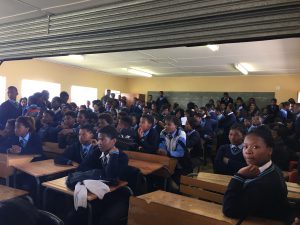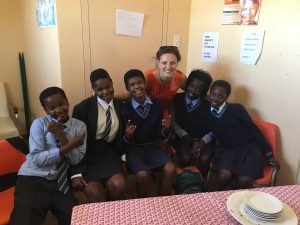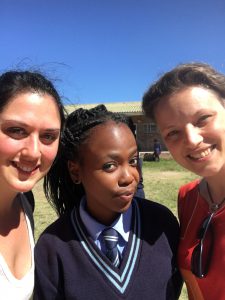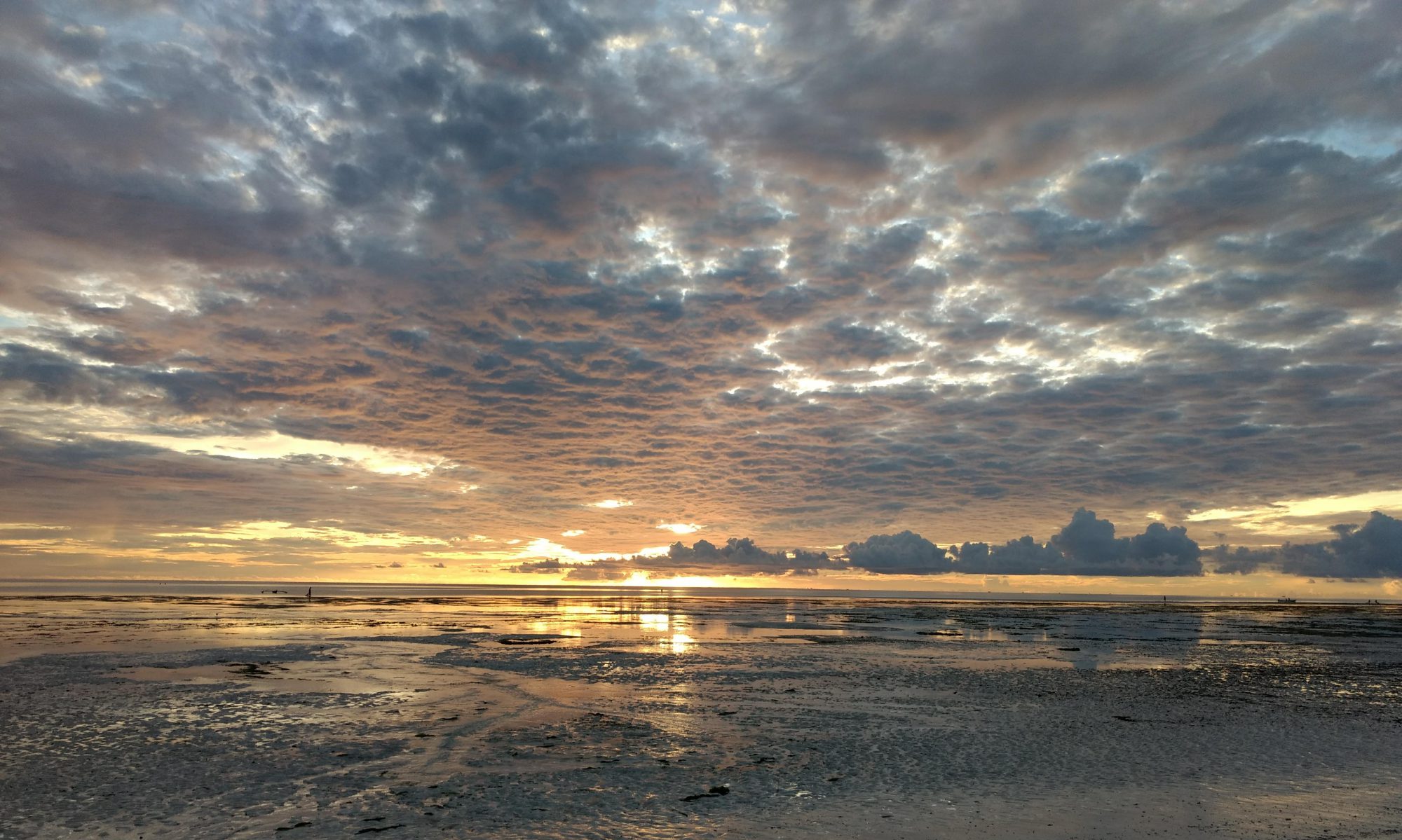Efter att ha deltagit i undervisningen och börjat få grepp om hur de arbetar här på denna skolan så gjorde vi en fokusering och valde att följa två av alla de klasser vi besökt hittills. En 8:a och en 9:a som har olika lärare i engelska. Idealet hade varit att få möta en äldre klass då vi utbildar oss mot gymnasiet, men den läraren hade för mycket att göra för att kunna ha oss med. När vi luftade detta med vår handledare via mejl menade han att detta var av mindre betydelse så därför valde vi helt enkelt de klasser som vi kände att vi träffat flest gånger och som höll på med rätt saker under lektionerna för den fortsatta undersökningen.
I början av veckan fortsatte vi våra observationer och pratade även med de två lärarna vars klasser vi ville intervjua för att komma fram till bästa tid, sätt och plats för detta. Båda lärarna föredrog onsdagen och vi började förbereda oss. Nu fick vi känna på hur det kan vara när man är beroende av andra och när saker och ting inte blir som planerat… På onsdagen blev vi stoppade i dörren till klass 9 b av en annan lärare som hade bytt schematid och hade prov med klassen! Oj då! Vi backade och började förbereda för åttorna… Guess what? Under lunchen snappade vi upp (i det allmänna surret i lärarrummet som är en härlig mix av engelska och xhosa) att alla klasser hade prov under onsdagen med denna lärare. Efter lite undersökningar visade det sig att, jodå det var precis under den lektionen som vi skulle prata med åttorna som detta skulle ske… Djup suck. Något irriterade, mest grundad i känslan av att dagen varit helt bortkastad, satt vi i lärarrummet och försökte bestämma oss för vad vi skulle göra.
Skam den som ser sig besegrad innan sista utringningen ljudit! Under dessa tre dagar (må-on) var där ett antal lärarstudenter på skolan och gjorde en del av sin praktik. Vi hade, naturligtvis som de översociala personer vi är, redan pratat med vissa av dem, men nu när vi liksom inte hade något jobb att fokusera på denna dagen så la vi in en högre växel! Vi frågade om deras utbildning, om dem själva, bad om tips på pluggställen i stan och bytte nummer med ett par av dem.
Samtidigt som detta pågick så kommer rektorn in och avbryter surret med att bjuda in alla som har tid att få vara med och se när åttorna och niorna ska uppträda. De hade i grupper om 2–5 personer fått förbereda en valfri låt som de skulle framföra på ett kreativt sätt inom ämnet ”Creative Arts”. Det hade setts ut en jury och alla uppträden skedde inför de båda klasserna i varje årskurs. (Vilket innebär en massa elever då det bara i nian går drygt 100 st uppdelat på två klasser!).
Vi två, samt två av lärarstudenterna, gick med och det vi fick se och höra gick bortom alla tidigare erfarenheter av skoluppträdanden! Det var en fantastik upplevelse. Tyvärr kan vi inte lägga upp några klipp här (vi vet nämligen inte hur vi gör om dem till ett fungerande format) men vi har lagt upp ett på vårt Instagramkonto om ni är intresserade (@nicandnik). Och ja, eleverna har gett oss tillåtelse att lägga upp dem 😉
En annan trevlig följd av denna dagen är att vi planerar åka till Addo (Elephant Sanctuary) med den ena av lärarstudenterna som vi fick fin kontakt med! Det ska bli spännande, både att göra den utflykten, men även att få tillfälle att prata med en annan lärarstudent som kommer från en annan kontext!
I torsdags blev det så äntligen dags för våra intervjuer. Eftersom vi förstått att det gäller att vara tydlig och framåt så inledde vi med att ordna ett rum att sitta i, där vi också hällde upp lite av det svenska godis vi haft med oss på en tallrik. Det var en bra isbrytare! Även om vi inte är överdrivet bekanta med att genomföra intervjuer så kändes det bra och framförallt väldigt roligt att prata med eleverna. De båda grupperna hade helt olika dynamik och fastnade på olika delar av våra frågor vilket också gjorde att de var helt olika trots att vi utgått från samma frågeguide. Det ska bli spännande att analysera dem!
Innan man kan börja analysera en (eller två!) intervju så måste den transkriberas… tacksamma för att vi är två om det så tog vi varsin av de halvtimmeslånga inspelningarna och påbörjade transkriberingen vilken avslutades idag! Det tar tid, det är inte alltid lätt att höra VAD som sägs eller VEM som säger det. I vårt fall hade vi valt att göra gruppintervjuer (för att vi tyckte att eleverna kändes mest bekväma på det viset) vilket gjorde att det ibland pratade flera samtidigt. Nu är det i alla fall gjort!
Som en lite parantes kan vi tillägga att vi var väldigt glada för att vi inte bokat in något denna helgen då en av oss blev akut magsjuk och spenderade två dagar i säng (eller på toa…). Tack och lov var det inget allvarligare utan vi kunde dela en flaska vin igår kväll igen!
Som en annan parantes kan vi också tillägga att vi numera tycker synd om Flatties-spindlarna då vi två ggr under denna vecka haft närkontakt med ett annat monster som även det har fler ben än nödvändigt (allt över 4 är för mycket)! Tursamt nog dyker dessa Rain Spiders endast upp vid regn eller kyligare väder. Tråkigt nog dyker de upp för att de ogillar regn och kyla och vill in inomhus… Behöver vi nämna att vi inte lämnar ett oövervakat fönster öppet för vädring någonsin igen…?!
Det blev ett långt inlägg det här, förhoppningsvis hinner vi lära oss att göra kortade mer frekventa uppdateringar!










